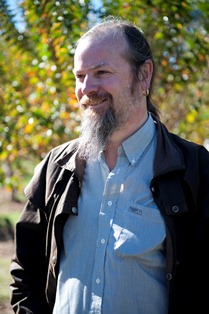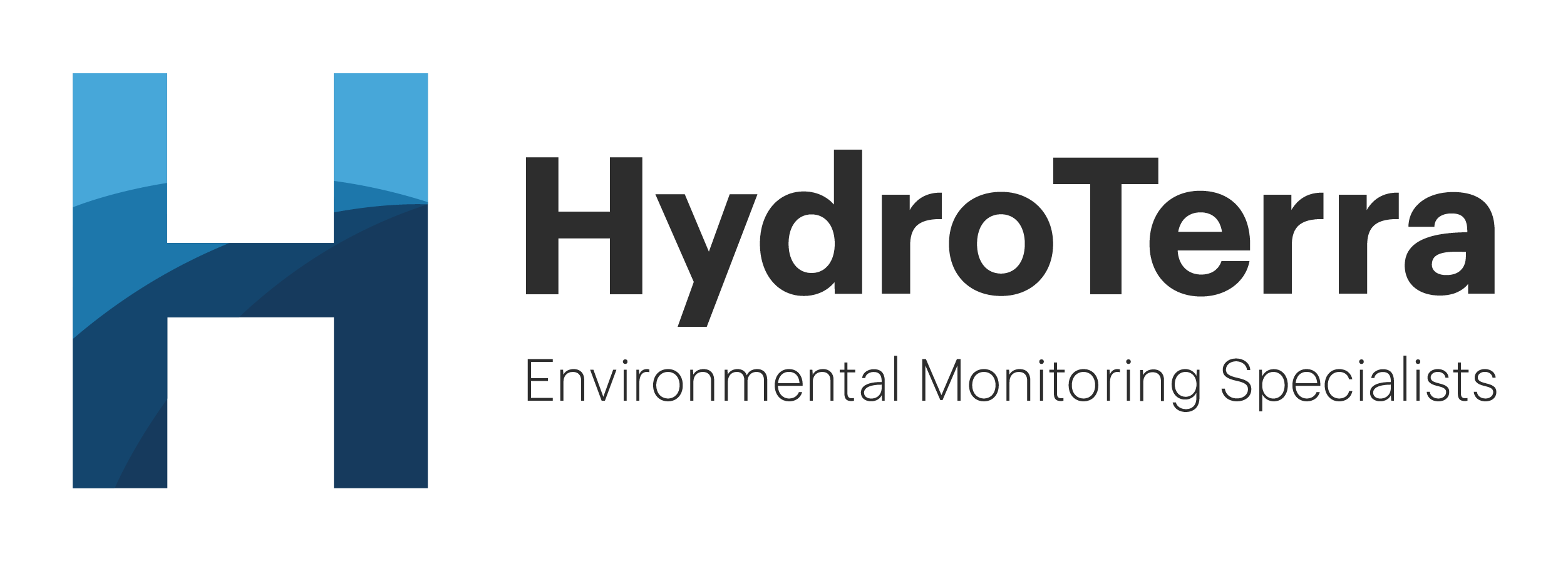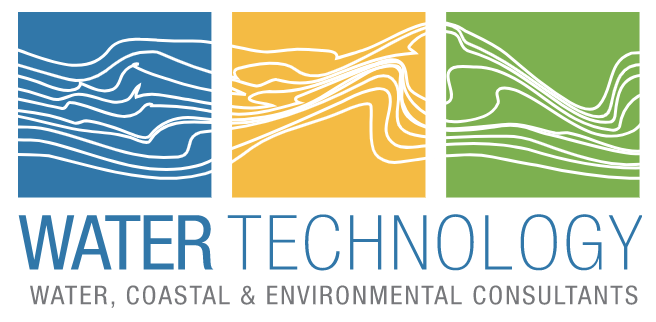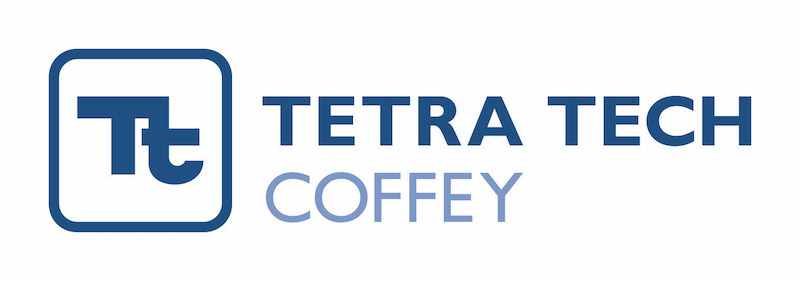 Professor Derek Eamus: Groundwater-dependent ecosystems: key questions, new methods and a response curve
Professor Derek Eamus: Groundwater-dependent ecosystems: key questions, new methods and a response curve
Groundwater-dependent ecosystems (GDEs) are a valuable resource, having economic, biological, conservation, ecosystem services and aesthetic values. However, global-change type droughts and associated woodland and forest mortality represents a new threat to both groundwater resources and GDEs. Three challenges are faced by resource managers tasked with protecting both groundwater supplies and the ecosystems that rely on groundwater. These challenges are: where are GDEs located in a landscape? How much water does a GDEs use? What is the response function of GDEs to groundwater extraction?
This talk will examine trends in global drought and forest mortality and the application of remote sensing techniques to address the first two questions. It will also summarise the results of a recent comparative study of leaf, whole tree and canopy woodland ecophysiology along a pronounced depth-to-groundwater gradient that has generated an ecosystem-scale response function to differences in depth-to-groundwater.
This series is presented in conjunction with the International Association of Hydrogeologists, Australia
- Brisbane, Monday April 28, 6:30pm (EST)
- Darwin, Tuesday April 29, 5pm (CST)
- Perth, Wednesday April 30, 6pm (WST)
- Adelaide, Thursday May 1, 3:30pm (CST)
- Melbourne, Tuesday May 6, 6pm (EST)
- Sydney, Wednesday May 7, 6pm (EST)
- Canberra, Thursday May 8, 1pm (EST)
Click here for more information or to register
About Professor Eamus
Professor Derek Eamus was appointed to the Chair of Environmental Sciences in 2000 at the University of Technology, Sydney, aged 40. He has spent more than 22 years studying the ecophysiology of savannas, arid-zone woodlands and temperate woodlands in Australia, including work in the NT, NSW and SA. Prior to taking up the Chair at UTS, he worked at the Northern Territory University, 1990–1999 (now the Charles Darwin University). He has published more than 165 journal papers and 10 book chapters with more than 4,800 citations. In 2010, he won both the Vice-Chancellor’s Medal for Research Excellence and the Chancellor’s Medal for Research Leadership – the first year that these awards were offered. He was awarded a prestigious Senior Research Fellowship by the Australian Land and Water Authority in 2009. He currently leads the Terrestrial Ecohydrology Research Group at UTS.
Professor Eamus was the lead-author of the textbook Ecohydrology: vegetation function, water and resource management, published in 2006 by CSIRO Press. He is currently co-writing a textbook that integrates plant ecophysiology, remote sensing and modelling of terrestrial landscapes, to be published in late 2014 by Cambridge University Press. He has examined cellular, leaf-scale, canopy and stand-scale processes, using experimental, modelling and remote sensing methodologies. In particular, he has significantly advanced knowledge in plant physiology and ecophysiology in the following fields:
- Stomatal physiology and stomatal behaviour at leaf- and canopy-scales
- Leaf and canopy-scale measurements of transpiration, photosynthesis and water-use-efficiencies
- Comparative ecophysiology of deciduous and evergreen species of Australia, including analyses of multiple leaf traits
- Comparative ecophysiology of groundwater dependent ecosystems in the NT and NSW
- The water relations of leaves, whole-plants and stands of trees, including measurements of water, solute and turgor potentials, sapwood hydraulic conductivities, vulnerability to xylem embolism and pressure-volume analyses of leaves


























